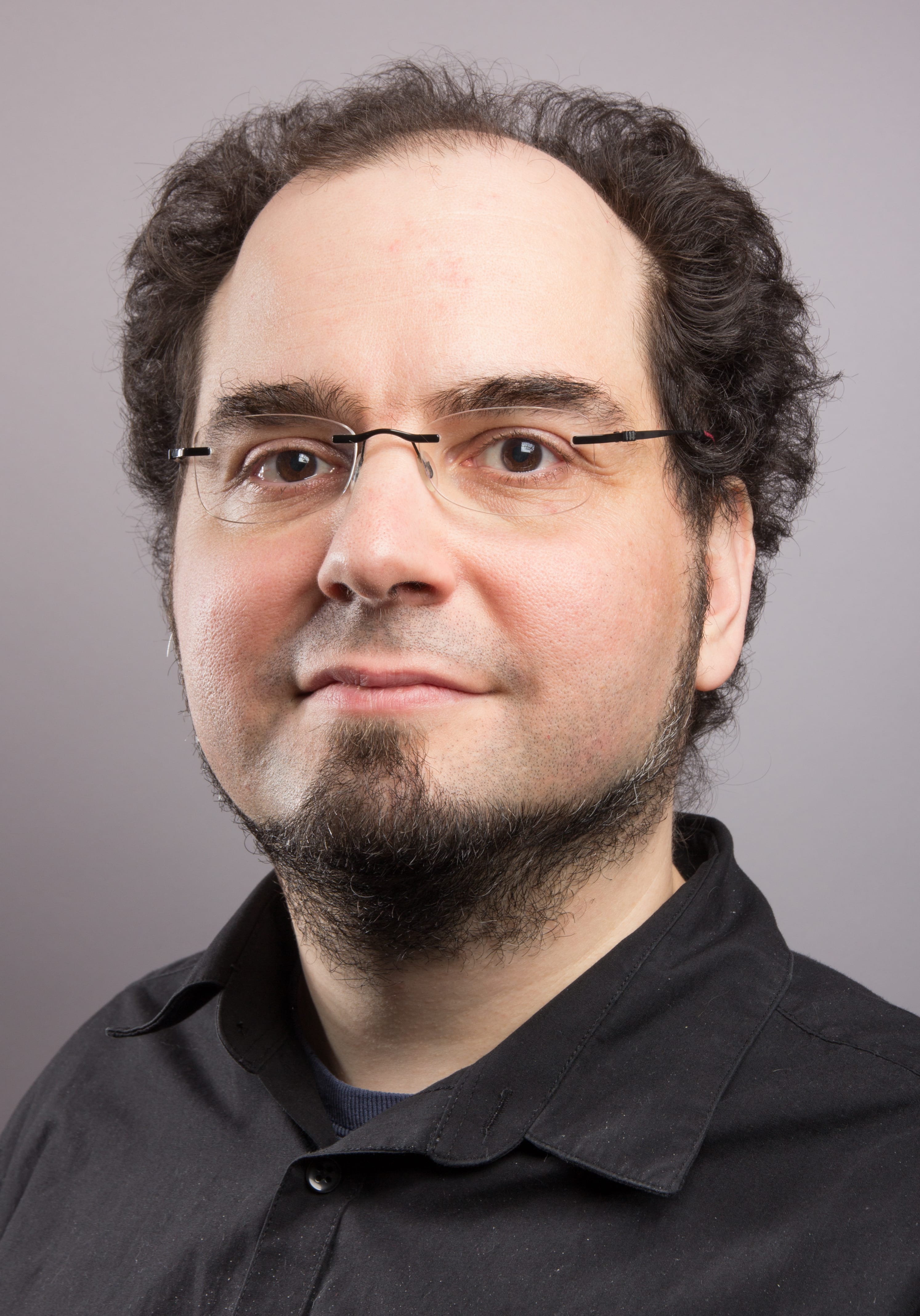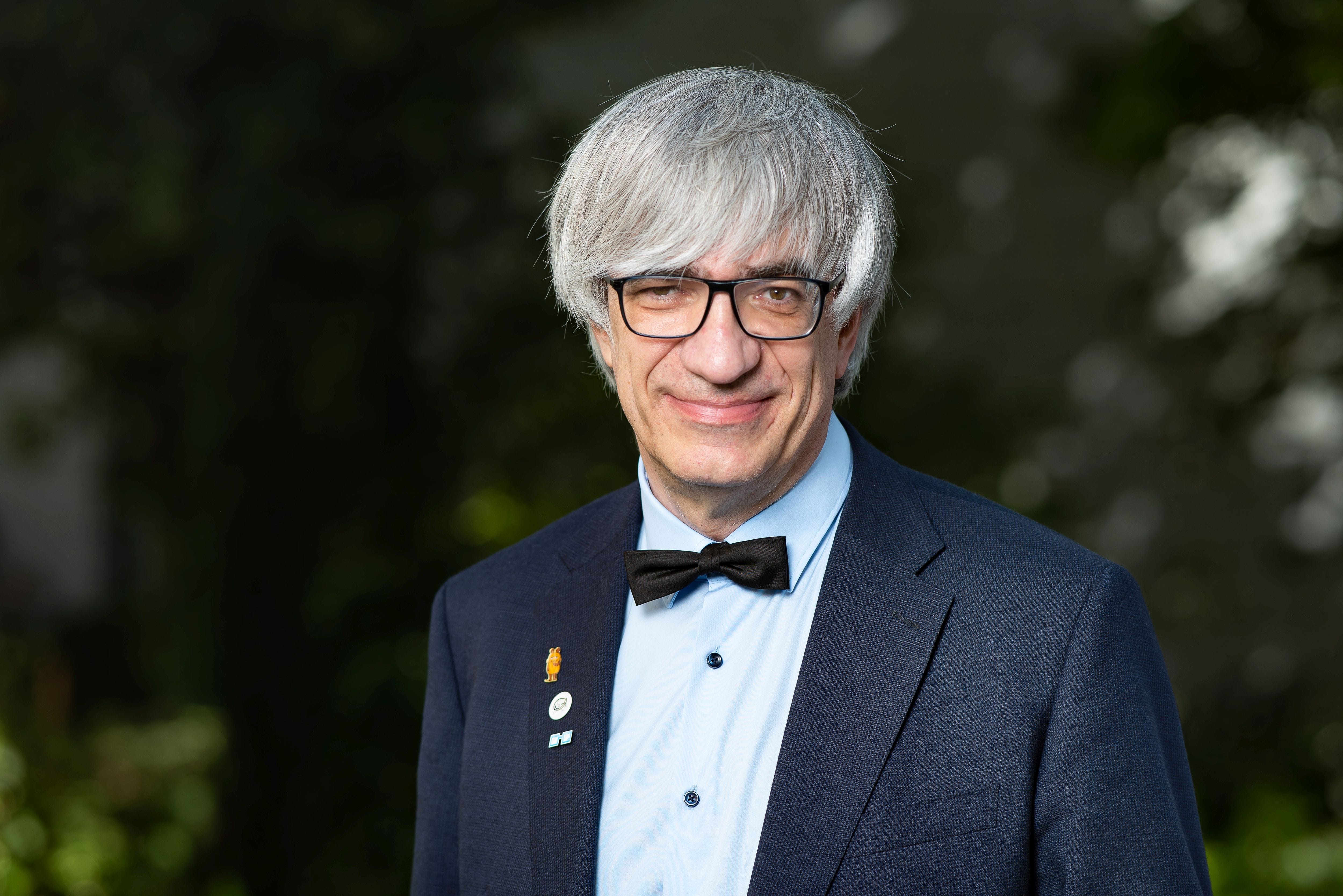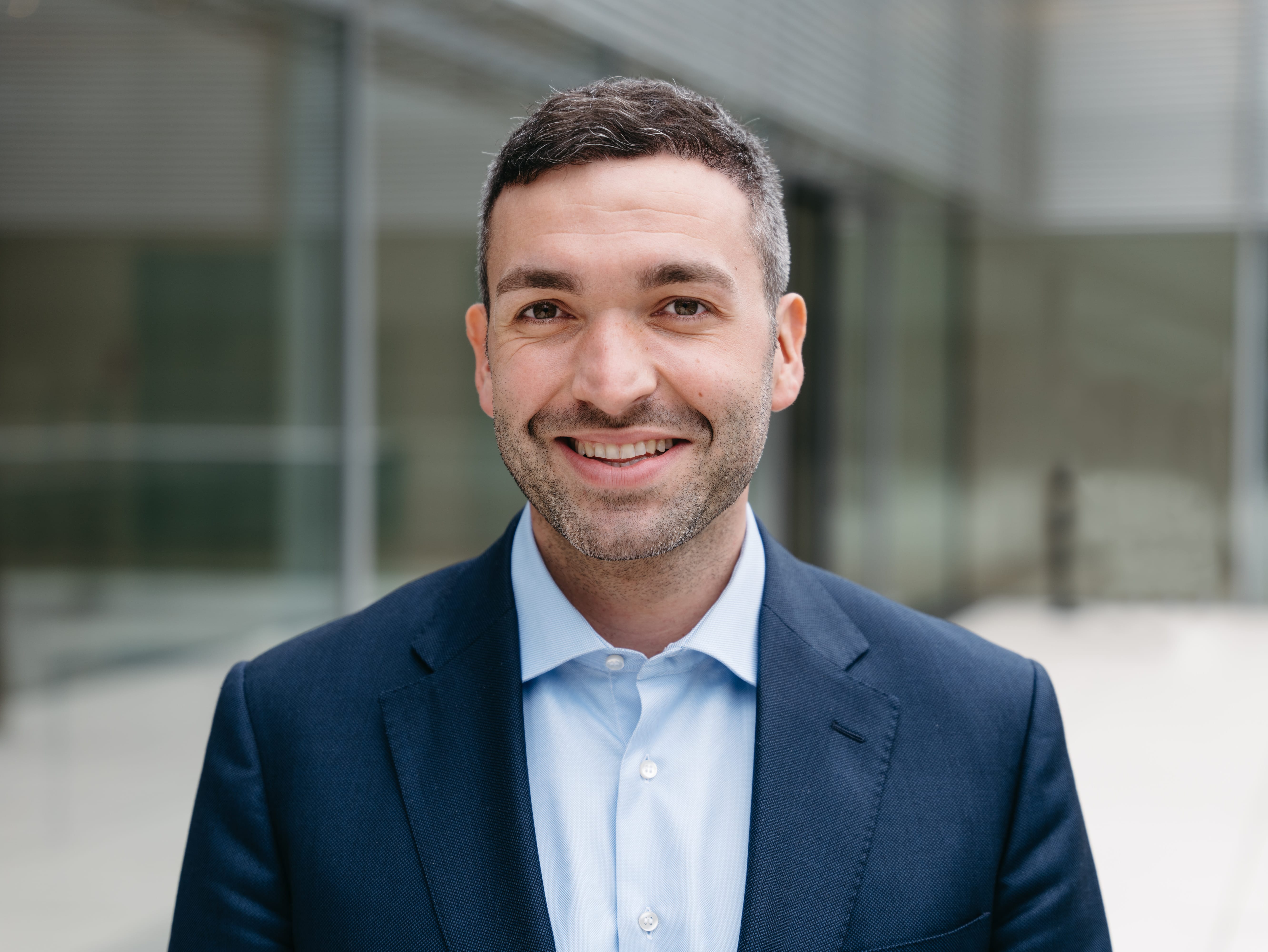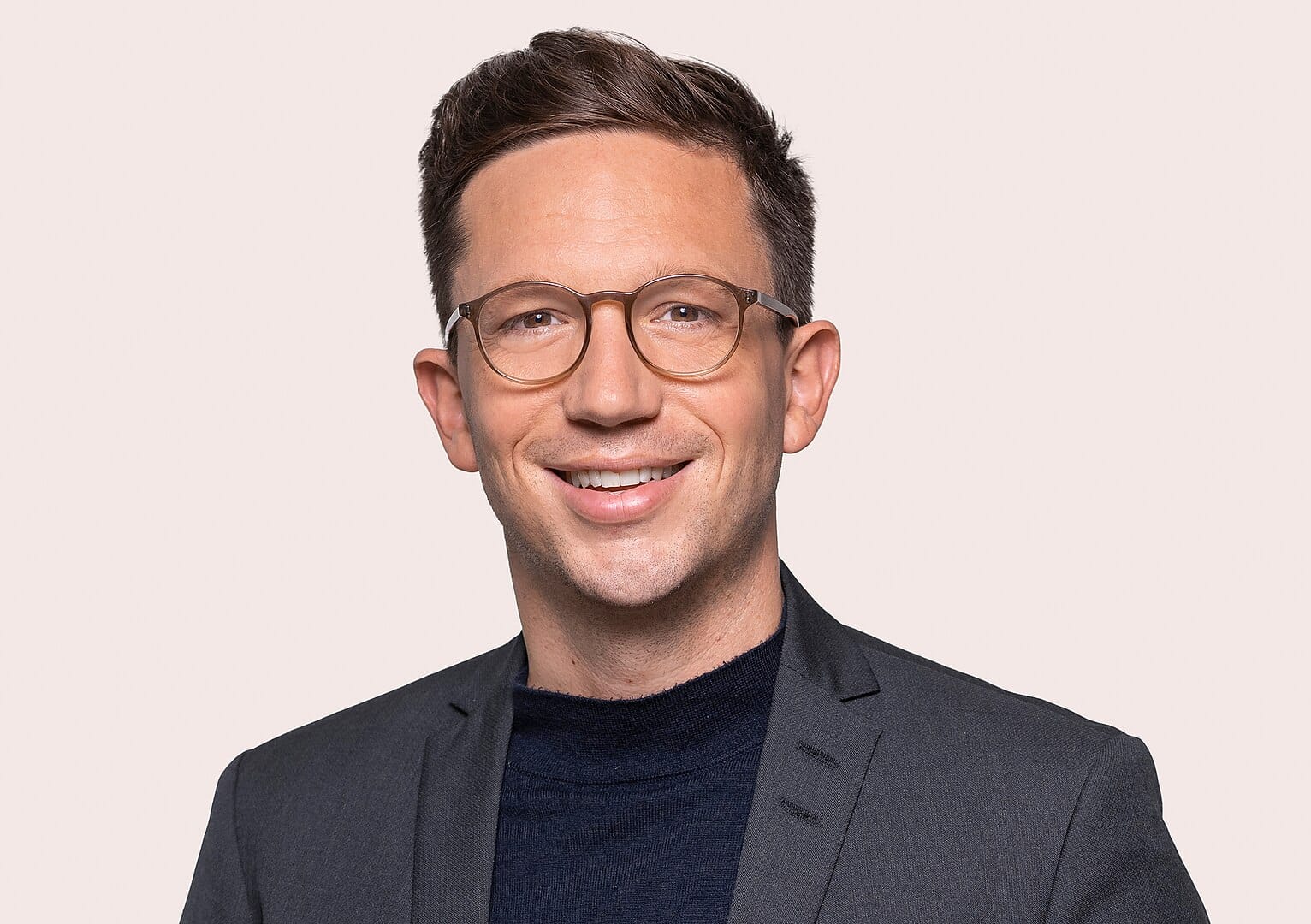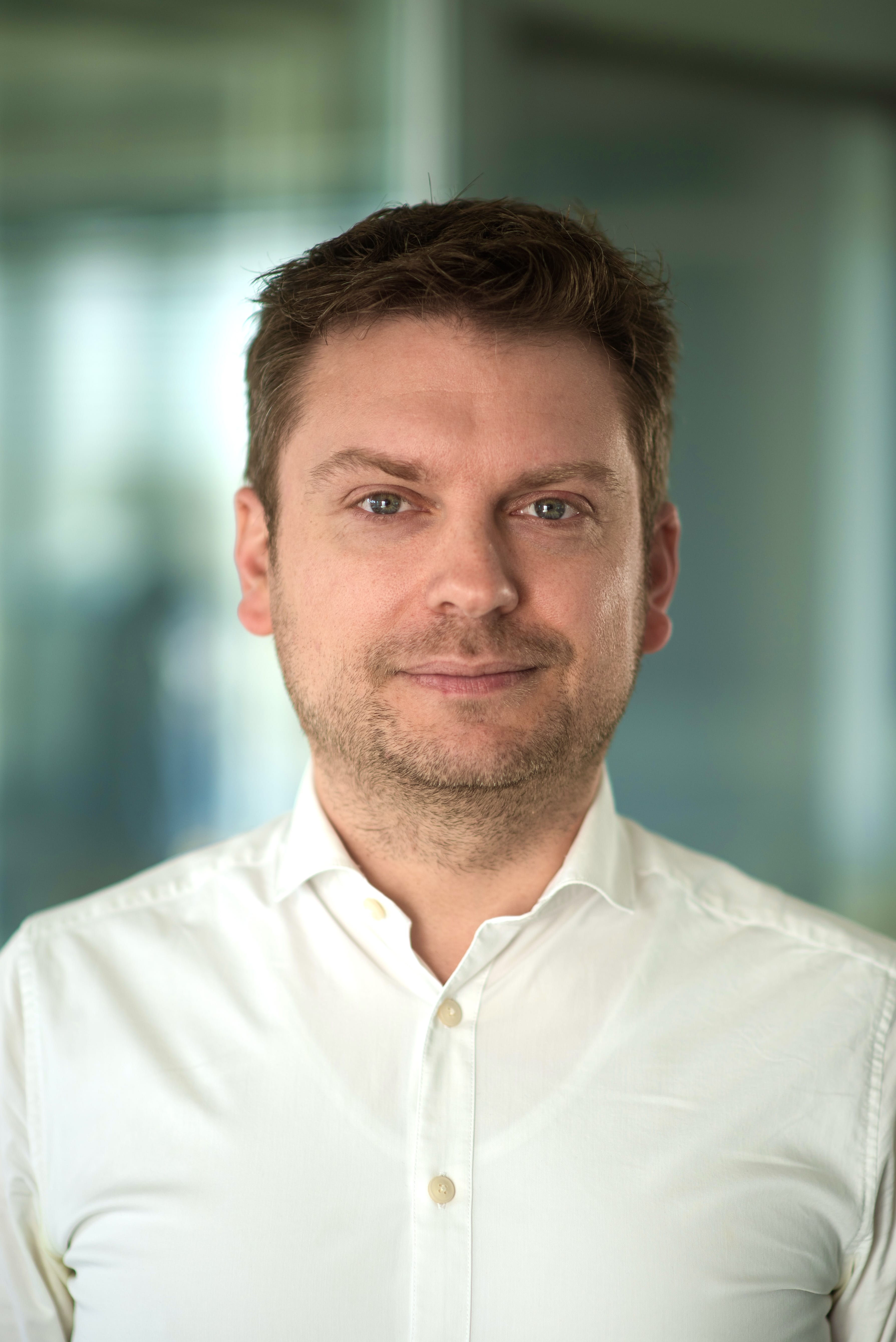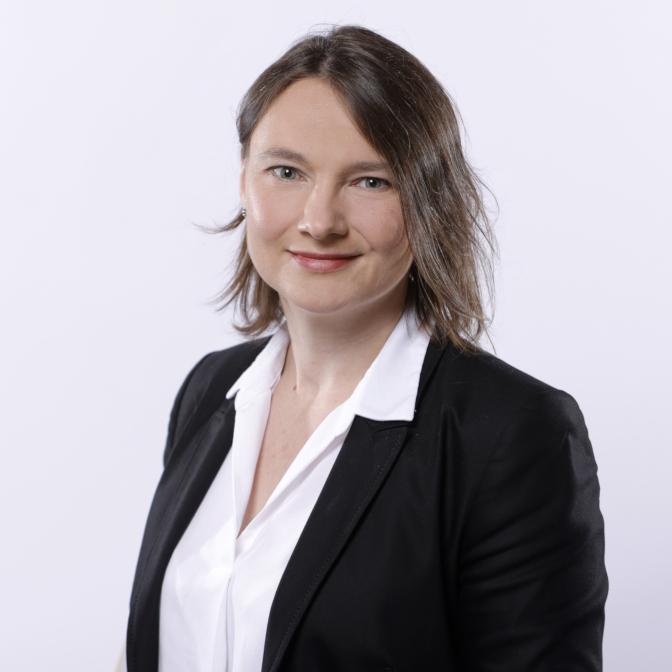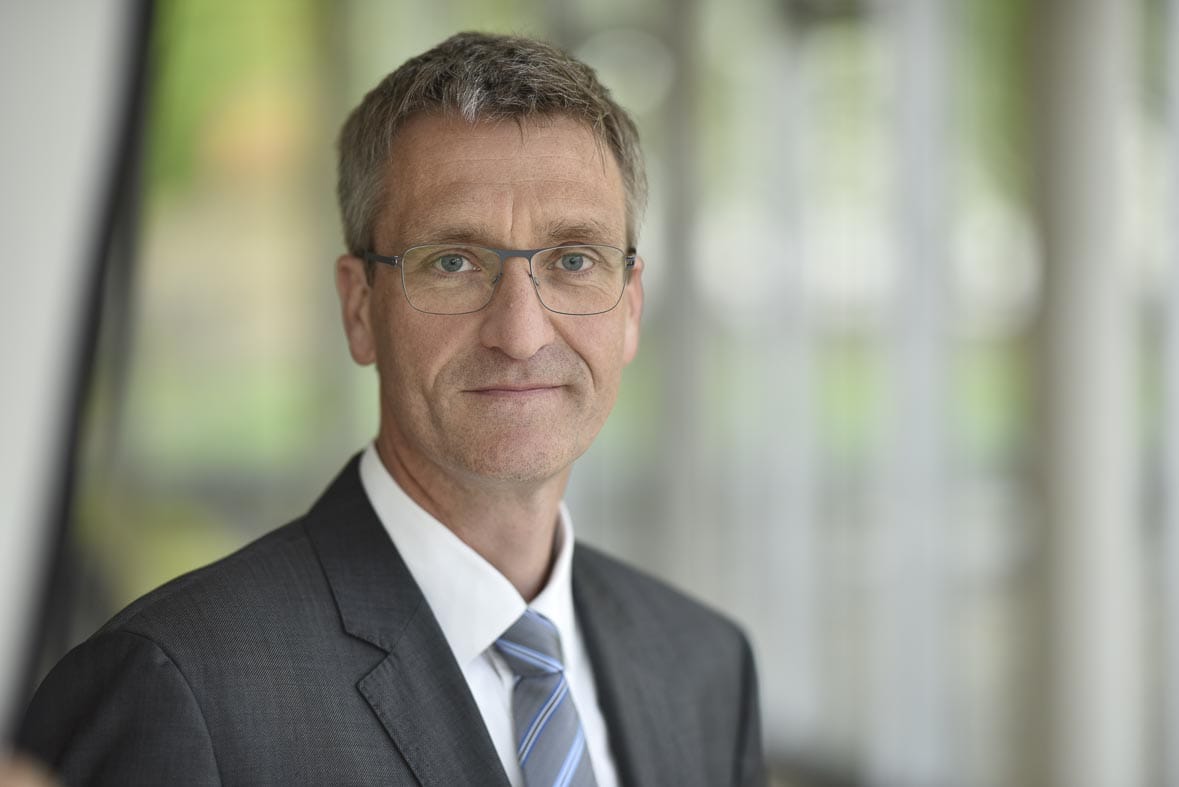Last updated on June 27 2023. Added: Impressions and press review
The focus of the AI Service Centre is on applications and research activities in the fields of health and energy. These economic sectors are among the most crucial infrastructures in Germany and place the highest demands on data protection. KISSKI facilitates pilot projects between scientists and industry (especially start-ups and SMEs).
What is our vision for KISSKI? How do we go about running it and how can you run your pilot projects in KISSKI?
The symposium offers exciting insights into our planning around the AI Service Centre, stimulating keynote speeches on AI in energy and medicine, and an excellent opportunity for networking and exchange with stakeholders from your industry.
Networking is a crucial element of any successful symposium, and we are dedicated to providing ample opportunities for attendees to come together and share their ideas and expertise on the latest trends and best practices in the fields of health and energy. Our symposium will feature a diverse array of activities, including inspiring keynote speeches, informative poster sessions, thought-provoking Q&A sessions, and a variety of dynamic networking events. Our goal is to create an environment to connect attendees with industry experts and thought leaders in the field. By facilitating these valuable interactions, we are confident that our symposium will provide attendees with an enriching and rewarding experience.
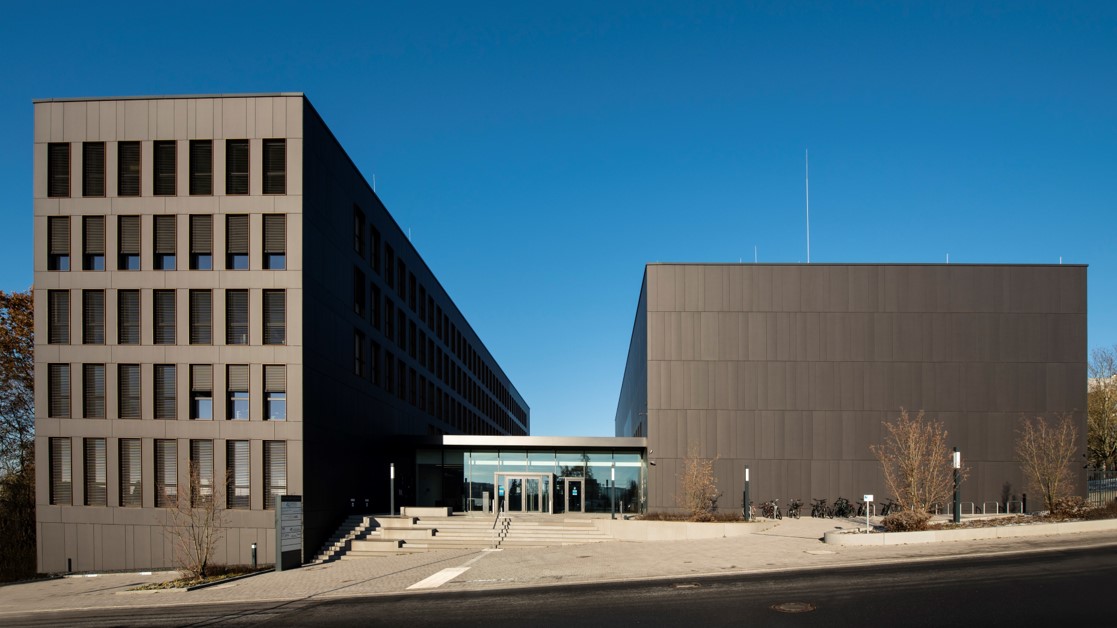
Opening symposium
Tuesday, June 06, 2023
From 3 pm till 6 pm
Rechenzentrum Göttingen | Burckhardtweg 4 | 37077 Göttingen
Agenda
| 15:00 | Welcome | Prof. Dr. Julian Kunkel (University of Göttingen/ GWDG) |
| 15:05 | Greetings | Prof. Dr. Metin Tolan (President of the University of Göttingen) Konstantin Kuhle (Member of the German Parliament) Falko Mohrs (Minister for Science and Culture of Lower Saxony) |
| 15:15 | AI in industry | Sind wir nun alle KI Experten? Überblick über Anwendungen von KI im Unternehmen - Dominik Kopp (Sartorius) Does a health insurance company need AI? - Dr. Udo Schneider (Techniker Krankenkasse) |
| 15:30 | AI in research | KI in der Medizin: Nur noch eine Frage des Wie - Jun.-Prof. Dr. Anne-Christin Hauschild (University Medical Center Göttingen) Künstliche Intelligenz im Energiesystem - Schlüsseltechnologie für die Energiewende - Dr.-Ing. Reinhard Mackensen (IEE) |
| 15:50 | Organisational matters | Prof. Dr. Julian Kunkel |
| 16:00 | Reception | Demonstrator and poster session: Presentation of selected demonstrator projects of the consortium partners Networking within the framework of thematic tables on medicine, energy and AI and infrastructure |
| 18:00 | End |
Registration
In the meantime we have so many registrations that we have reached our capacity limits and thus already had to close the registration.
We appreciate your interest. Contact us, we are happy to present our project to you by email or in a short video call and to show you ways in which you can benefit from our offers.
Presenters
Welcome and introduction of KISSKI
As Chair of the Steering Committee and project head of KISSKI, I am delighted to welcome you all to the grand KISSKI Opening Symposium and to introduce you to the new AI Service Centre for Sensitive and Critical Infrastructures. Already in our kick-off meeting for the KISSKI project, one thing in particular crystallised out and that is that KISSKI has the potential to become an important contact for artificial intelligence, especially in the energy and medical sectors in Germany. I expect great things from KISSKI.
Greetings
Greetings
Video message
Are we all AI experts now? Overview of applications of AI in the enterprise
In the talk, I give an overview of how we use AI - from off-the-shelf solutions, some of which are built directly into products like Salesforce, to customising and using technologies like cognitive services or now newly GPT, and using our own models in research or in our products.
Does a health insurance company need AI?
Health insurance companies have the task of maintaining, restoring or improving the health of the insured. In the course of their activities, numerous data are generated, increasingly also in the context of digitalisation. Appropriate legal requirements must be in place for the processing of this data - this also applies to the use of so-called artificial intelligence methods. Examples of the use of AI procedures can be seen in the area of personalised recommendations or in the context of process processing steps. A prerequisite for the implementation of these procedures is a data protection-compliant use of artificial intelligence methods.
AI in medicine: Only a question of how
AI has a valuable contribution to make not only in medical research but also in the form of clinical decision support is now undisputed. But what hurdles do we have to overcome on the way to clinical practice? overcome? How can the methods developed in the clinic be not only effective but also robust and low-risk? These questions from different angles in my lecture and discuss current and future and discuss current and future approaches to solutions.
Artificial intelligence in the energy system - key technology for the energy transition
The energy system is facing major challenges due to decentralisation, decarbonisation and digitalisation. Artificial intelligence (AI) can help to manage the increasing complexity through self-learning systems and reduce operating costs through automation. For this purpose, AI can take over automated tasks in diverse application areas along the entire value chain.
Demonstrator projects
The KISSKI consortium has extensive expertise in the development of AI-driven applications in the fields of energy and medicine. As part of the symposium, we will present selected demonstrator projects from the consortium partners.
Power-to-X Atlas
🔗
Power-to-X Atlas: Map visualisation of Power-to-X potentials.
Responsible consortium partner: Fraunhofer IEE
Networking opportunities within the framework of thematic tables
Medicine
🔗
Spatial contact point for exchange on the use of AI in medical research.
Thematic organisation: UMG/ UGOE
Energy
🔗
Spatial focal point for exchange on the use of AI in the energy industry.
Thematic organisation: IEE
AI and Infrastructure
🔗
Spatial focal point for the exchange of information on the infrastructure available within the framework of KISSKI
Thematic organisation: GWDG
Meet the expert
Are you interested in a specific topic in the fields of energy and medicine in the context of artificial intelligence? Get in touch with us and we will be happy to arrange a personal meeting between you and an expert from the ranks of the KISSKI consortium during the symposium.
Social media
Follow us on Mastodon and Twitter to stay up to date on the latest news, updates, and insights about the event. We’ll be using the official event hashtags, #kisski and #kisski‑symposium, to facilitate conversations and engage with attendees. We encourage you to use the hashtag when sharing your thoughts, ideas, and experiences about the symposium on social media. We’re excited to connect with you and look forward to hearing your perspectives on key topics related to the symposium.
Impressions

More impressions can be found in our image gallery
Quotes from the ranks of the consortium
Prof. Dr. Metin Tolan:
“With KISSKI, Göttingen is launching an excellent research infrastructure that opens up great opportunities for all areas of the university.”
Prof. Dr. Julian Kunkel:
“I am very pleased that with KISSKI we will contribute to meeting the challenges in AI. I am convinced that the project’s open service offer as a springboard will lead to further successful projects for us and our partners.”
Prof. Dr. Dagmar Krefting:
“Medical knowledge is growing at an ever-increasing rate and AI can help us to make better use of this knowledge. KISSKI creates the conditions for us to be internationally visible and connectable in the region.”
Dr.-Ing. Reinhard Mackensen:
“Complex issues require intelligent solutions.”
Project poster
The project posters are protected by copyright and may only be used by prior arrangement.
Presentations
The presentation slides are protected by copyright and may only be used by prior arrangement.
Press review
[27.06.2023] KISSKI mit feierlichem Eröffnungssymposium eingeweiht.
[08.06.2023] L3S News. Varied programme at KISSKI opening symposium
[07.06.2023] UMG News. KISSKI opening symposium.
[07.06.2023] Göttinger Tageblatt. “A revolution like industrialisation”: New AI centre in Göttingen.
[06.06.2023] NDR. Hello Lower Saxony (minute 15:06 - 15:50).

